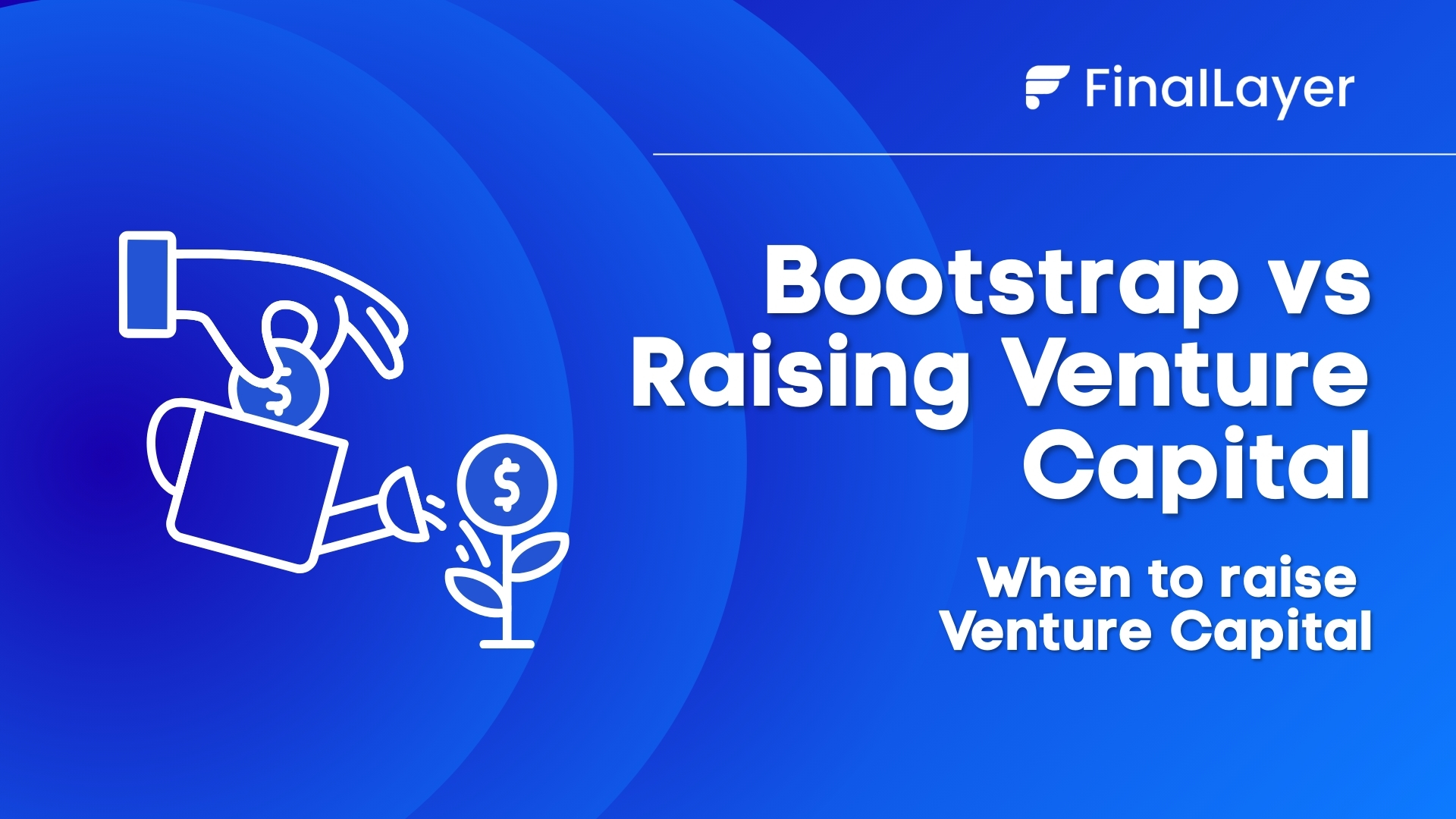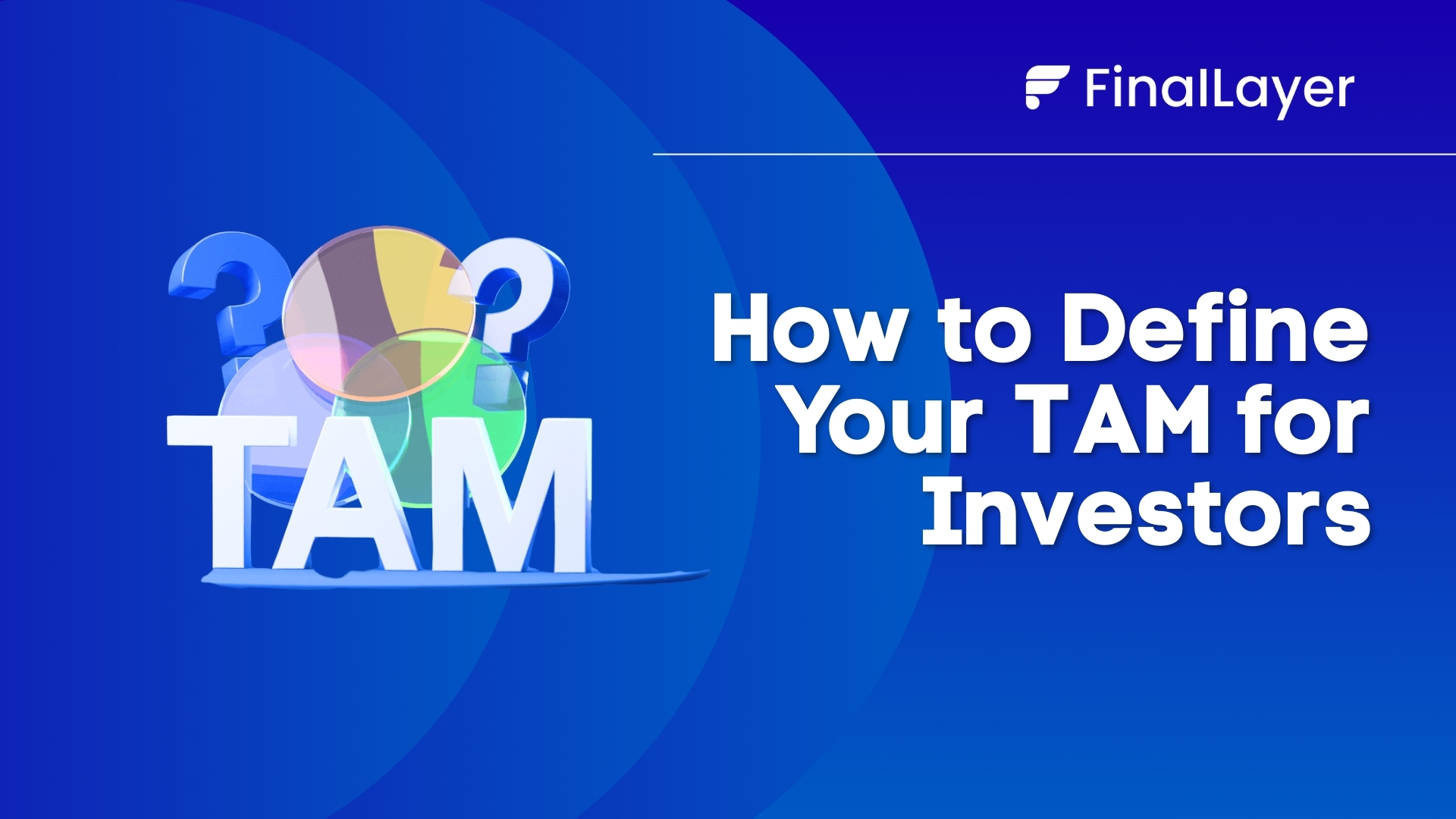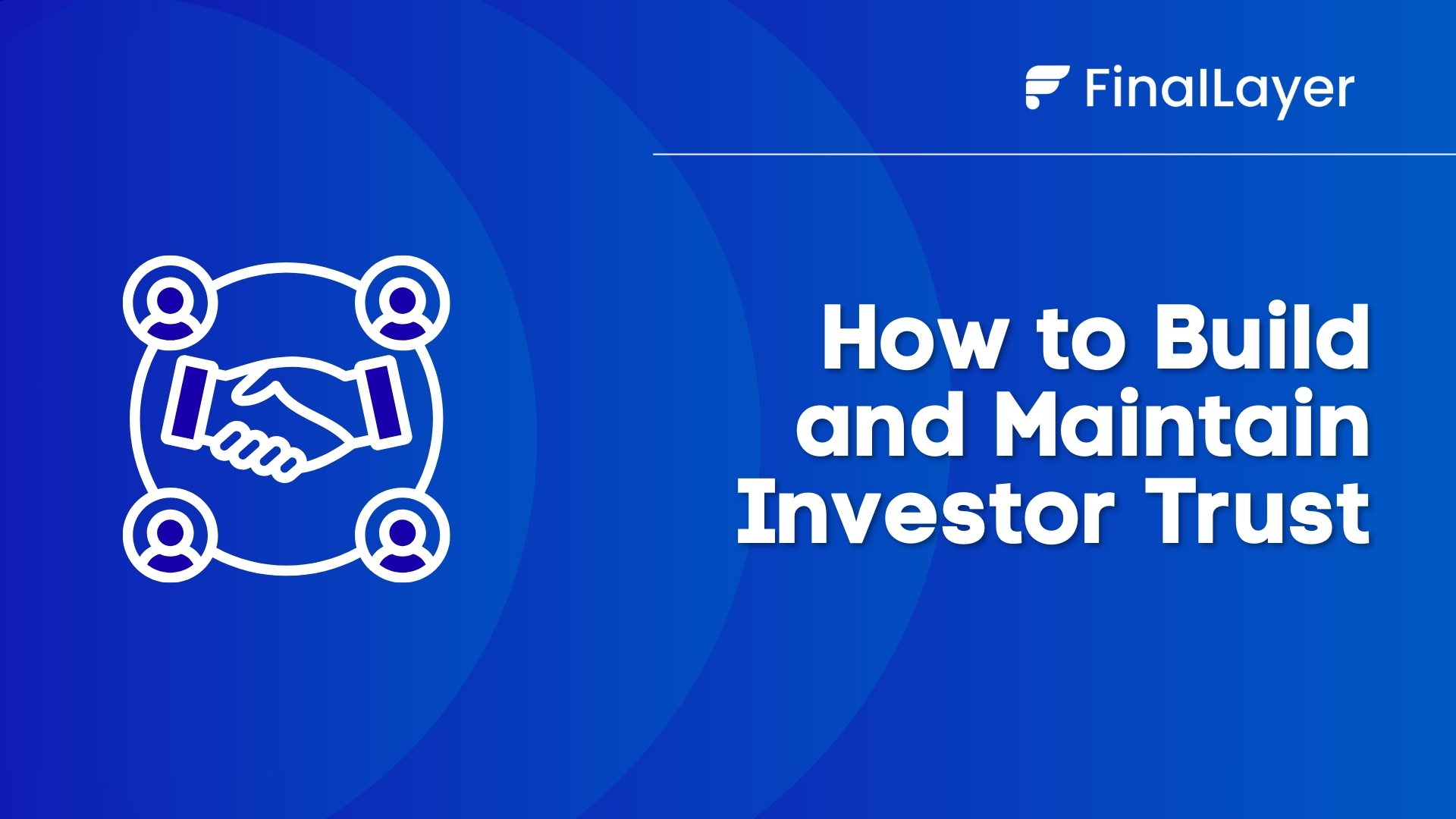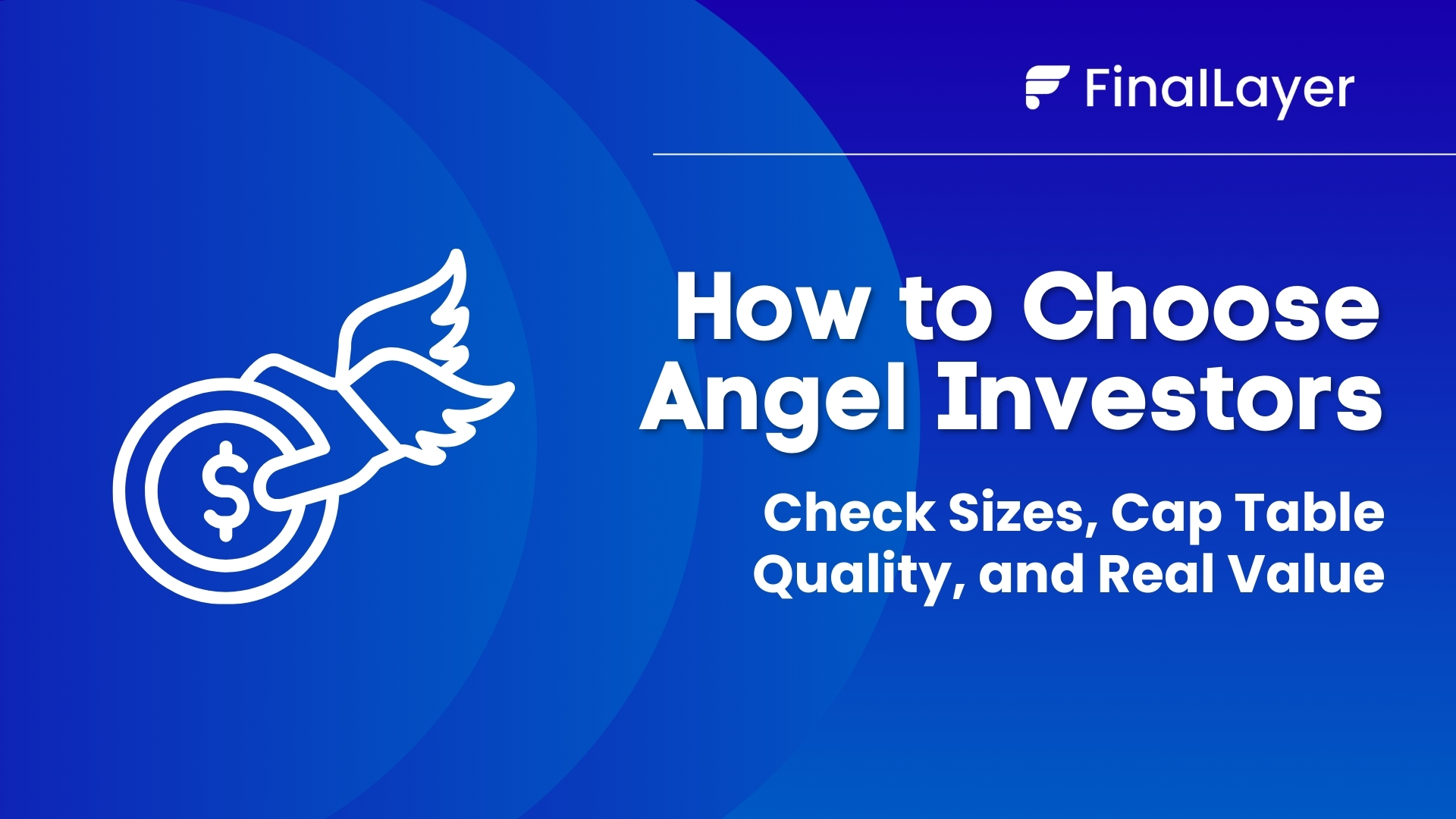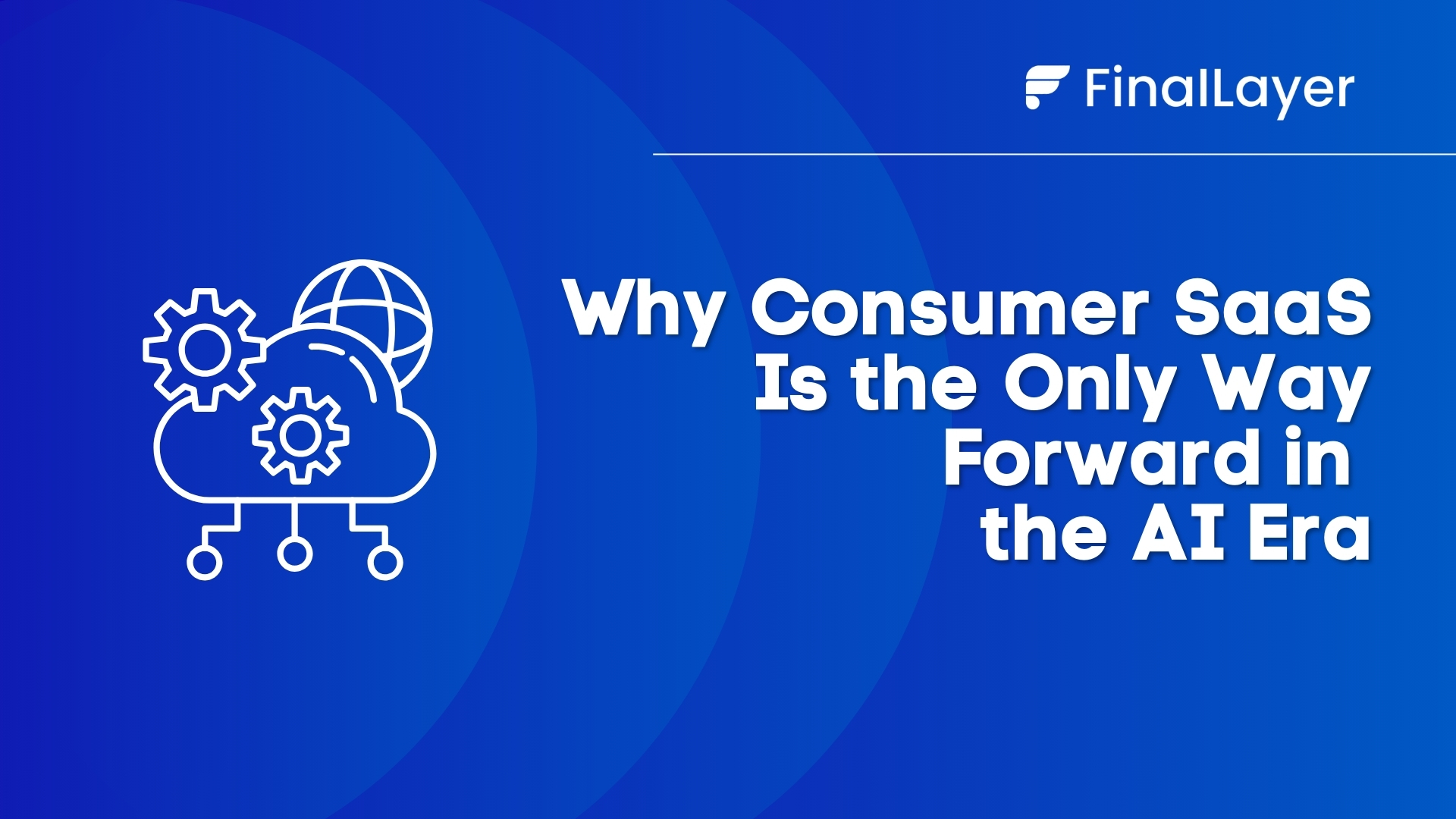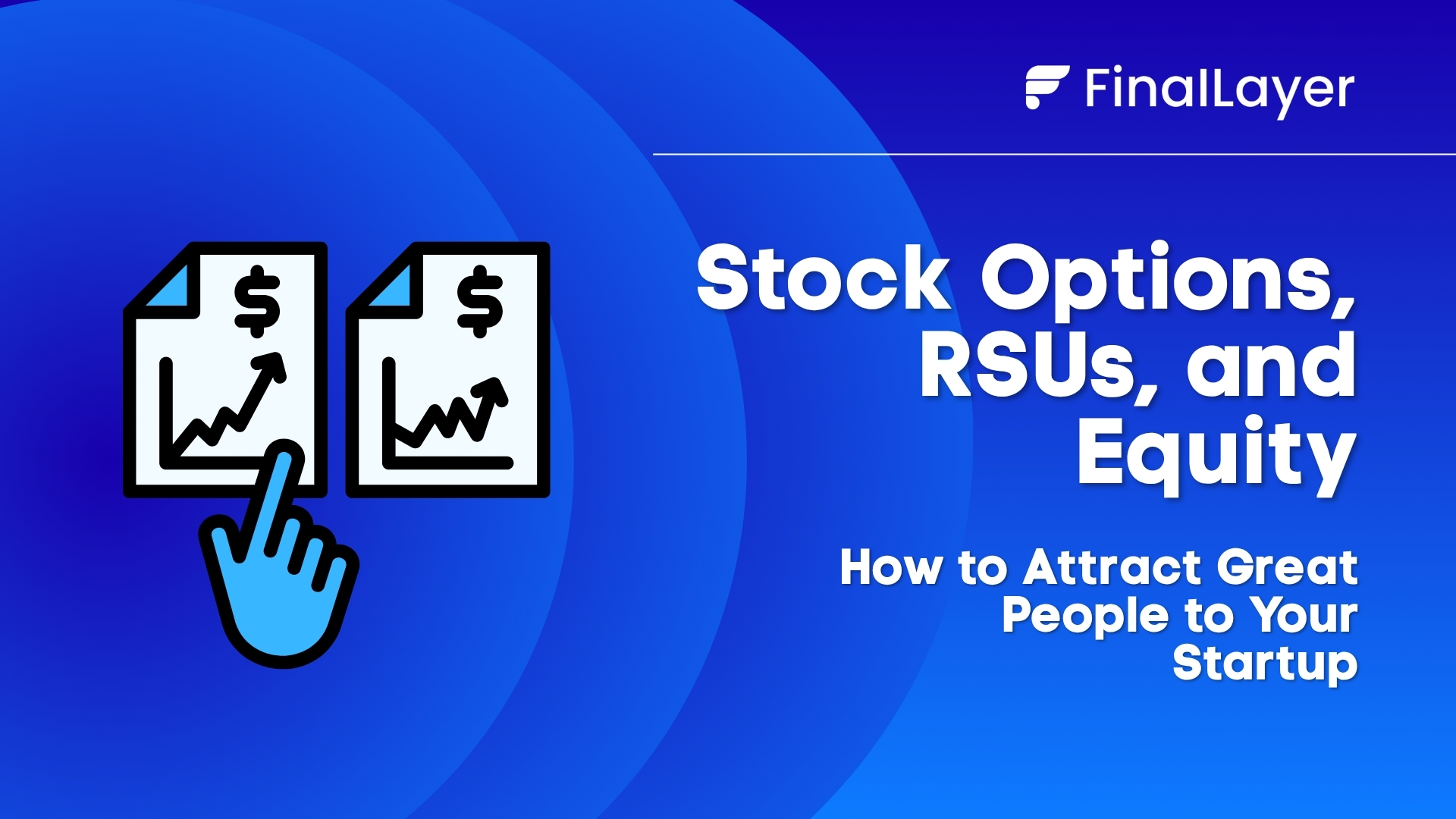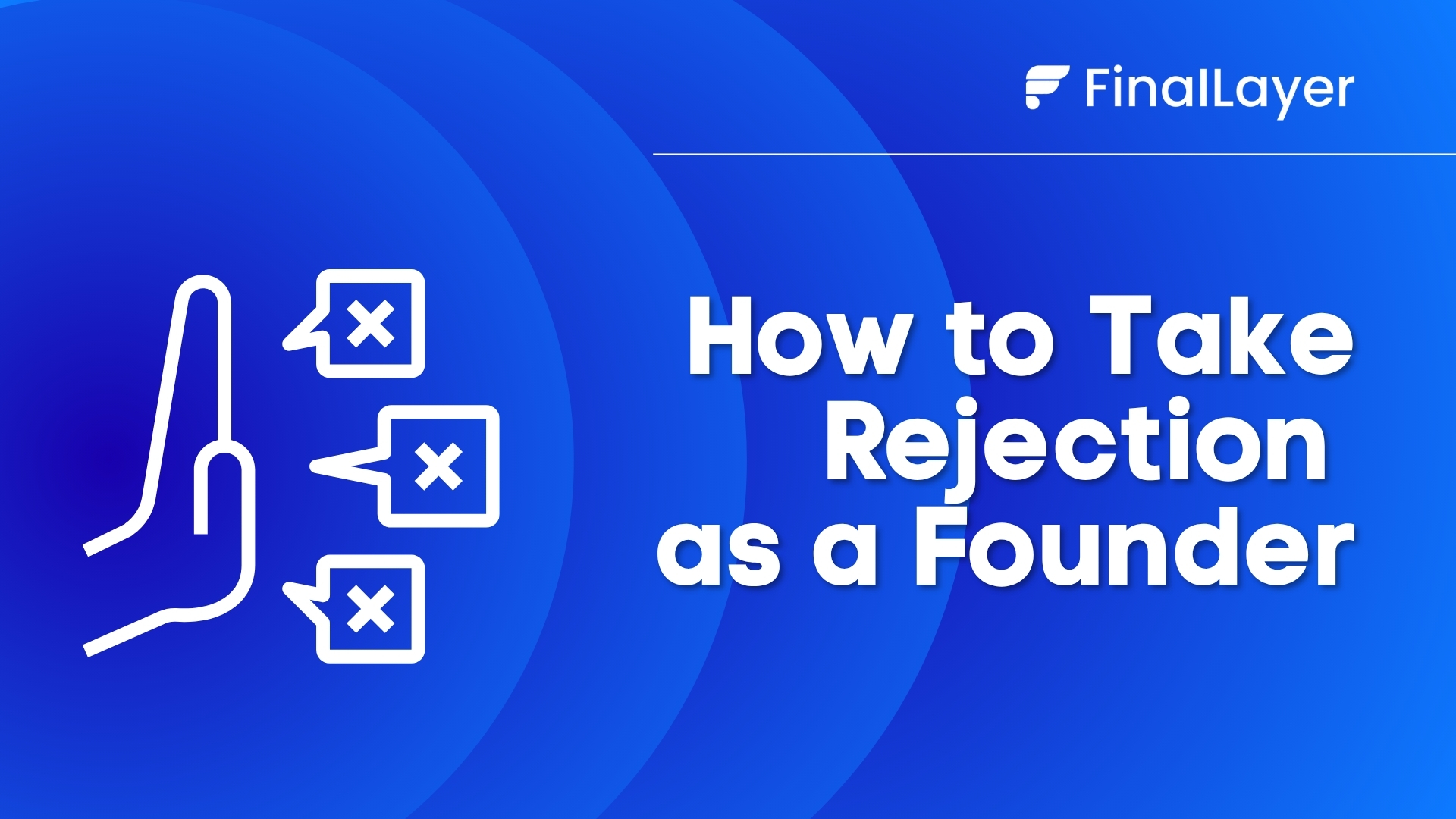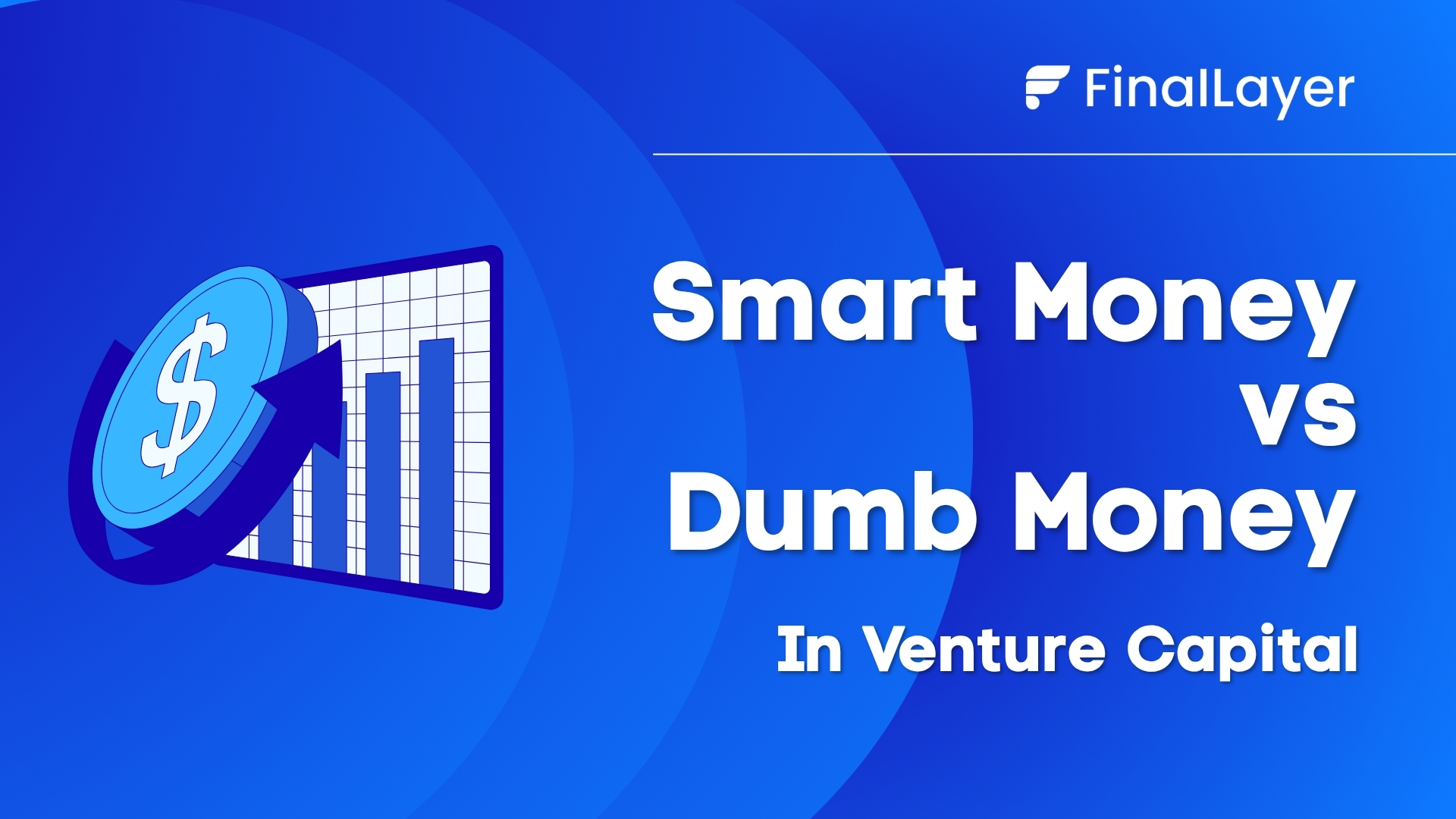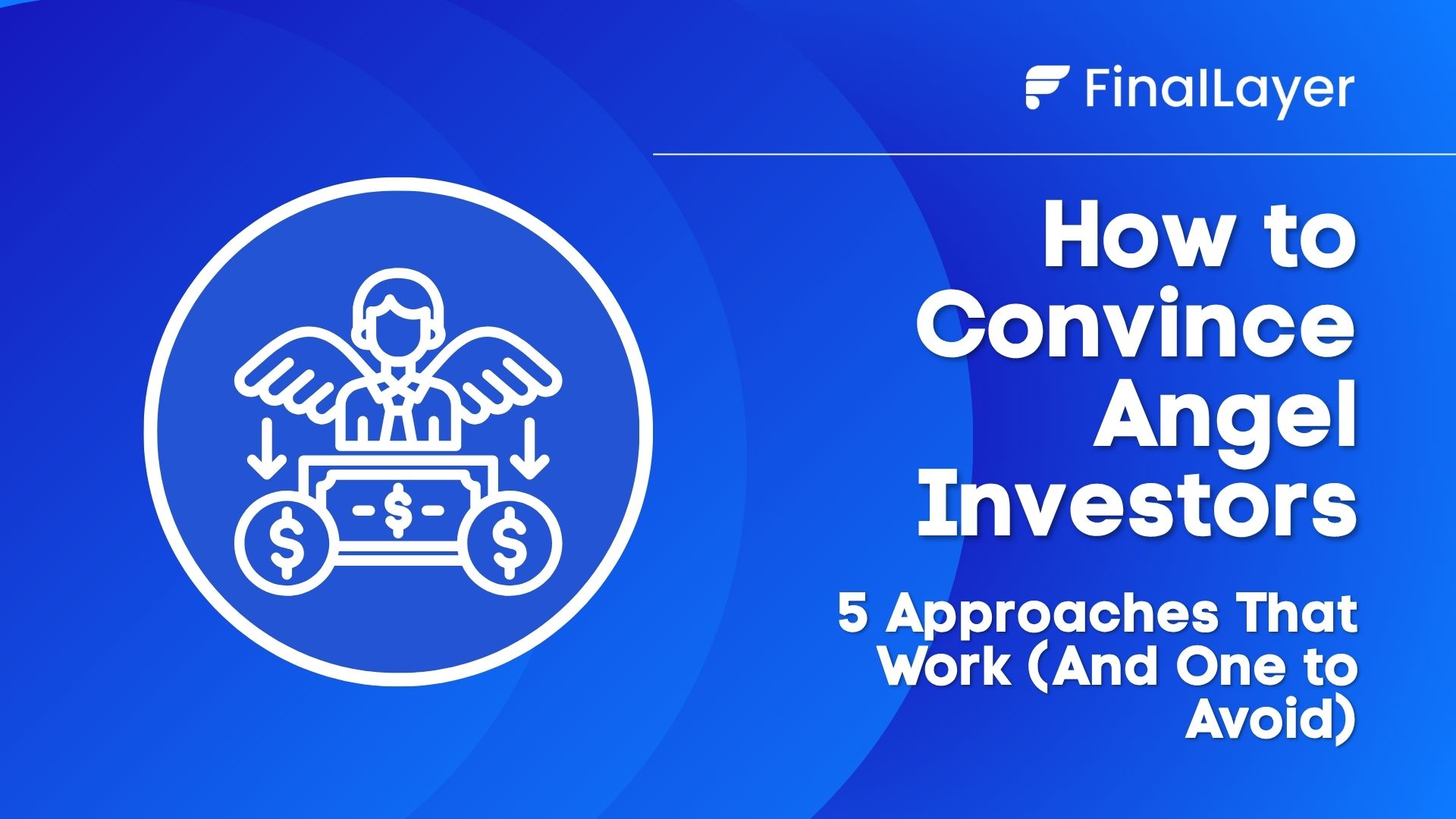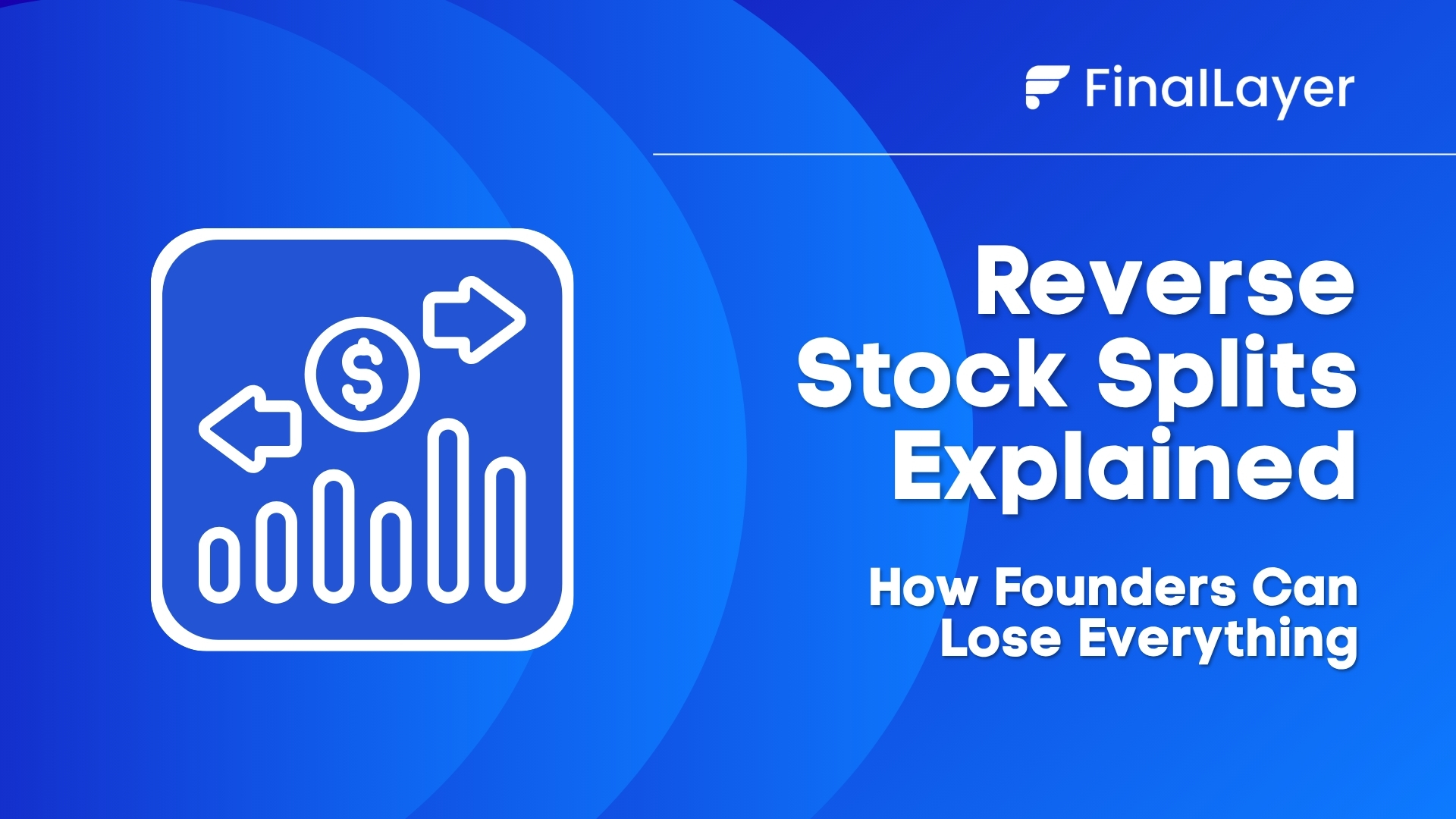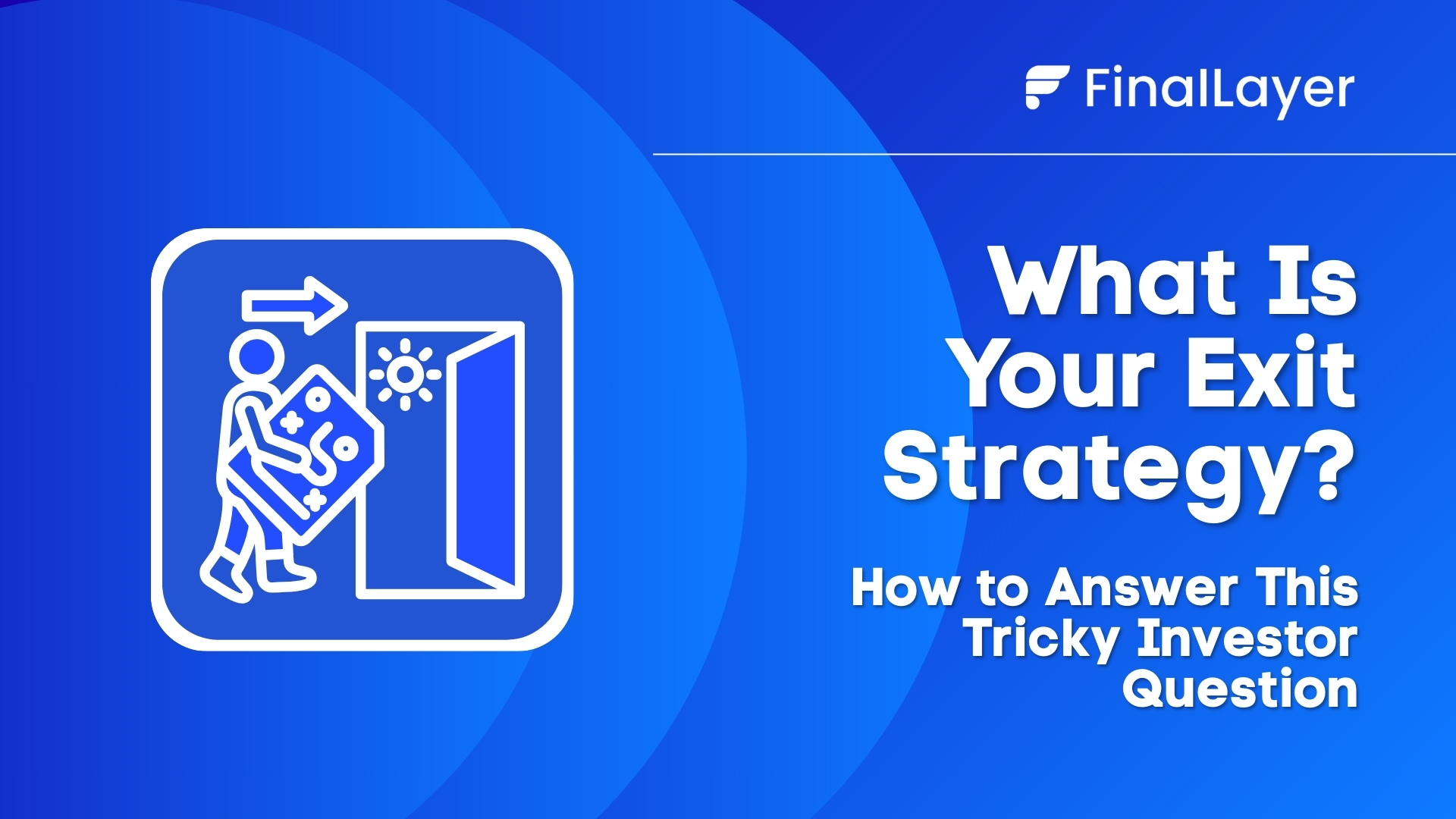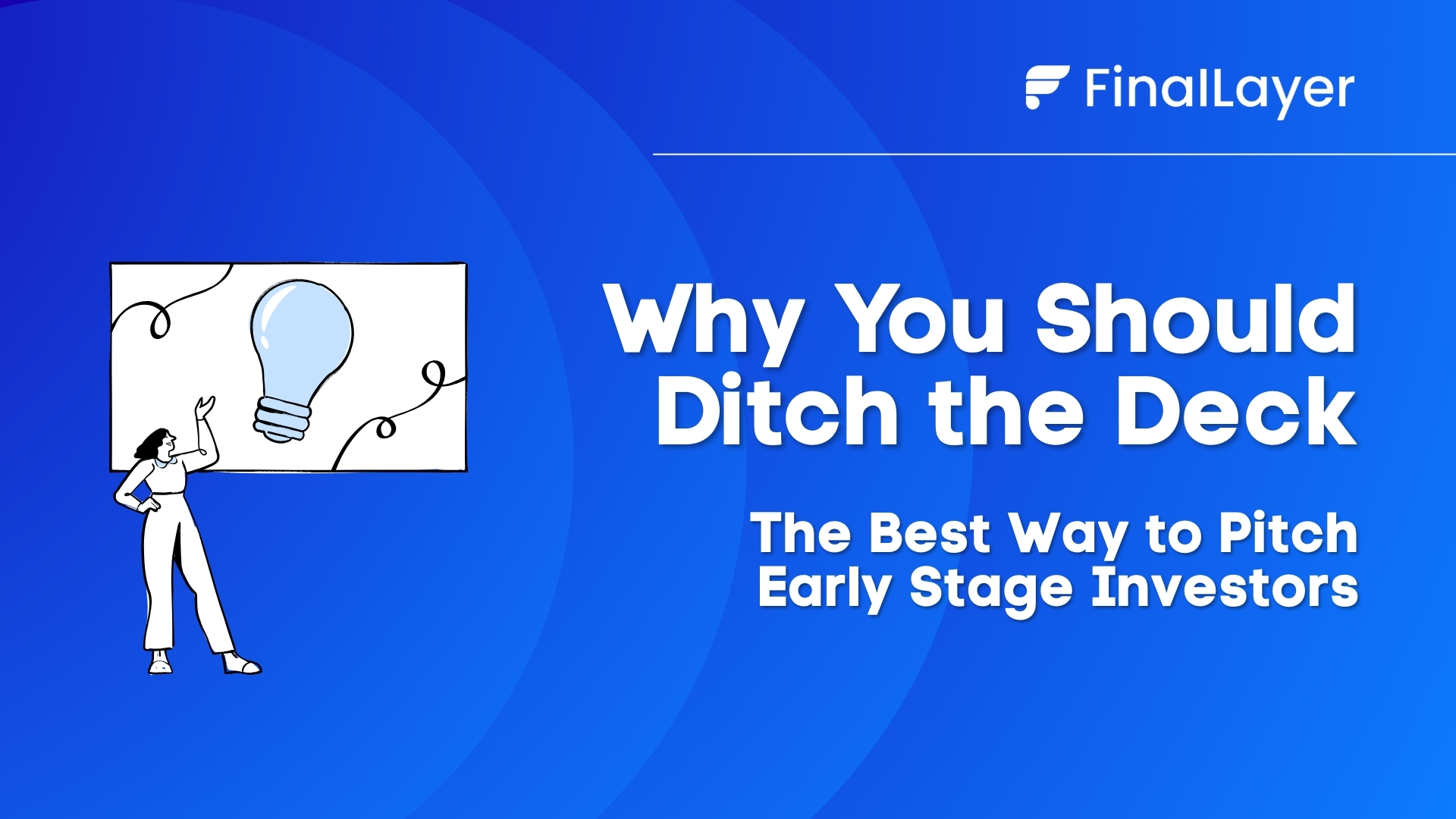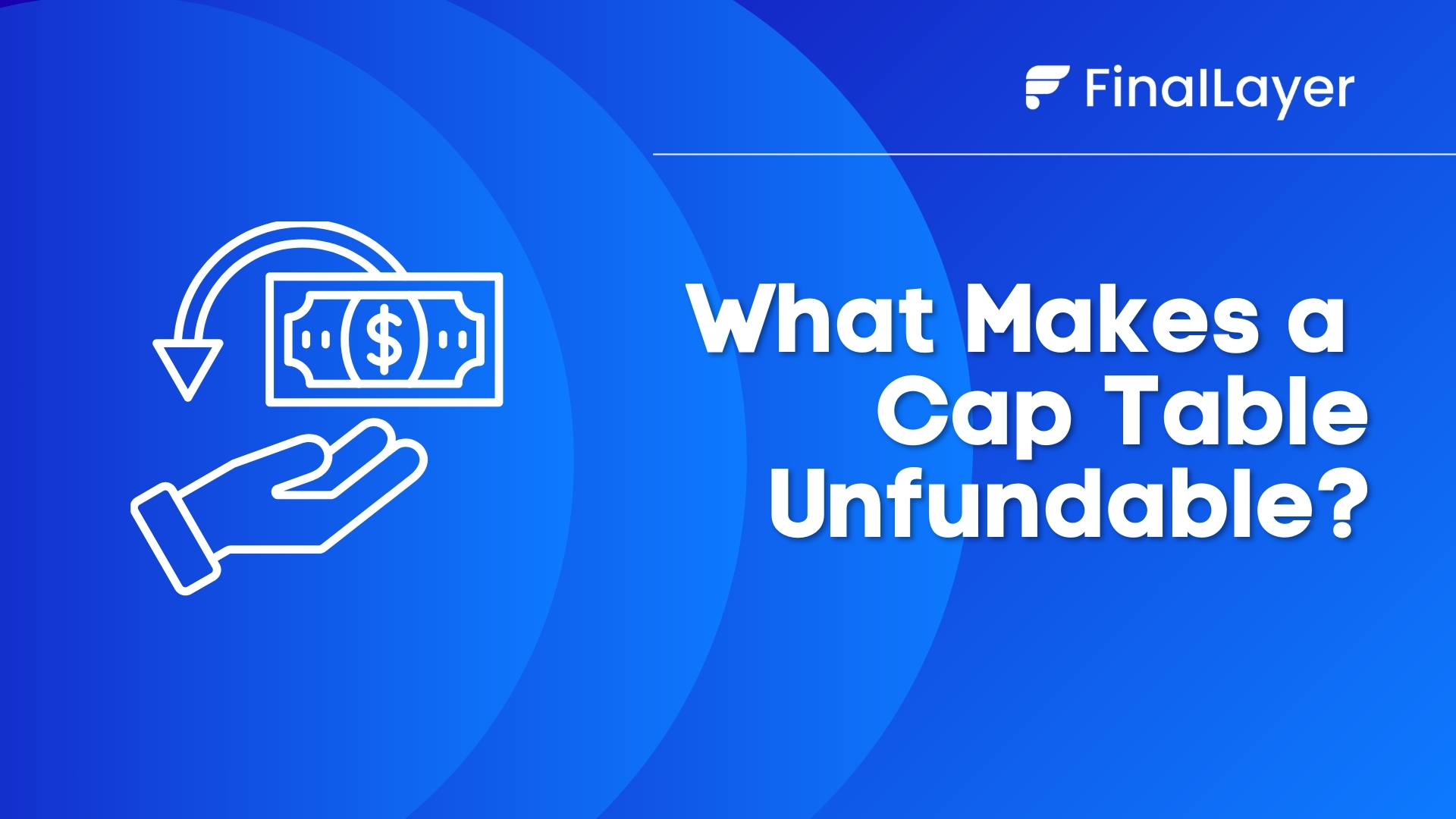Understanding when to bootstrap versus raising venture capital is one of the most critical decisions founders face. The bootstrap vs venture capital question has generated countless debates, but the answer isn't ideological, it's practical. Raising venture capital only makes sense when you're building a venture scale company with potential for $300-400M+ exits, while bootstrapping works better for businesses targeting smaller but still meaningful outcomes. After 10 years of experience with VCs and raising significant capital, the truth about bootstrap vs venture capital is that consumer companies often need venture scale to avoid being bulldozed by competition, making VC funding necessary, while many other businesses can and should bootstrap if they have the financial capacity. The key to deciding between bootstrap vs venture capital lies in honestly assessing whether your business requires scale to succeed and whether you can afford to fund it yourself.
What Is Venture Scale?
First, let's get a few things straight.
If you are raising venture capital, then by definition, you're aiming to build a venture scale company. Venture scale companies are defined as those that have outsized exit valuations, for example, upwards of $300-$400 million.
So if you are aiming for anything less than that, you're not qualified to raise VC money, period.
A $50 million exit will be life-changing for you as a founder, but it is not going to make a difference to the VC. When they invest in you, they're really looking for: are you building something that could have the potential to become a unicorn down the road?
Venture scale companies are hard to build. It's a very high-risk, high-reward situation. So unless you're ready for it, you should find a way to bootstrap.
When You Need Venture Capital
On the flip side, if you are building a venture scale company, and if your idea requires venture scale to be truly successful, then it is likely that you will need venture capital to build it. And telling those people to go bootstrap is a bad idea because it's just not possible.
Before somebody mentions Zoho for the nth time in my comment section as an example of a venture scale business that was built without raising funding, it is an exception. It is very, very, very rare to find those types of companies that have reached billions of dollars in valuation and yet haven't raised venture capital. They're just single-digit numbers of those companies.
When Your Business Requires Scale
But we should talk about what I meant when I said if you're building in a space that requires venture scale to be successful. Some companies will need to operate at that scale, otherwise, you'll be bulldozed out of the market.
For example, let's take platforms like Lovable or Bolt, which are highly successful coding platforms right now. If they said, "I'm happy with $30 million in revenue, I'm getting enough paid users, I don't need venture scale, so I'm not going to raise money," those companies, especially since they're consumer companies, would simply not succeed if they targeted a flattening growth rate like that. They will bleed out their users to other platforms that will continue to evolve faster.
Especially more often in the consumer business, you will likely need venture scale to succeed.
Can You Afford to Bootstrap?
And then of course, there's this question of can you afford to bootstrap? What kind of financial situation are you in?
Can you work without pay? Do you need a team to work on your idea? If so, do you need to pay the team? And if so, can you pay them?
There are all these other considerations. So it's not a black and white question.
Understanding your financial capacity connects directly to whether you should become a founder in the first place, as entrepreneurship demands significant personal financial sacrifice regardless of the funding path.
The Decision Framework
To sum it up: If you can bootstrap, and if you're working on an idea that doesn't really require venture scale, at least in the beginning, in order to be truly successful, by all means bootstrap away.
This is obviously less hassle. You don't have anyone else to answer to, and you can operate your company peacefully. There's no reason to panic.
It's not that all VC money is bad. You just have to know how to be careful. Understanding the difference between smart money and dumb money becomes critical if you do decide to raise venture capital, as the wrong investors can destroy your company even with good products.
Key Takeaways
Venture scale means $300-400M+ exits. Anything less doesn't interest VCs. Consumer companies often need venture scale to avoid being bulldozed by competition. Bootstrapping isn't always possible since some ideas require capital to succeed. Your financial situation matters: can you work without pay and fund a team? It's not ideological, the decision should be based on what your business needs.
If you do decide to raise venture capital, knowing how to pitch angel investors effectively and understanding investor expectations around exit strategy will help you navigate the fundraising process successfully.
At FinalLayer, we understand both paths because we've lived through the VC journey. Whether you bootstrap or raise capital, the key is making the right choice for your specific situation and business model.
If you're navigating the bootstrap vs venture capital decision and want to discuss with other founders, join our founder's Slack community where we share experiences about funding strategies, cap table management, and lessons learned in the Founder Resources tab.
